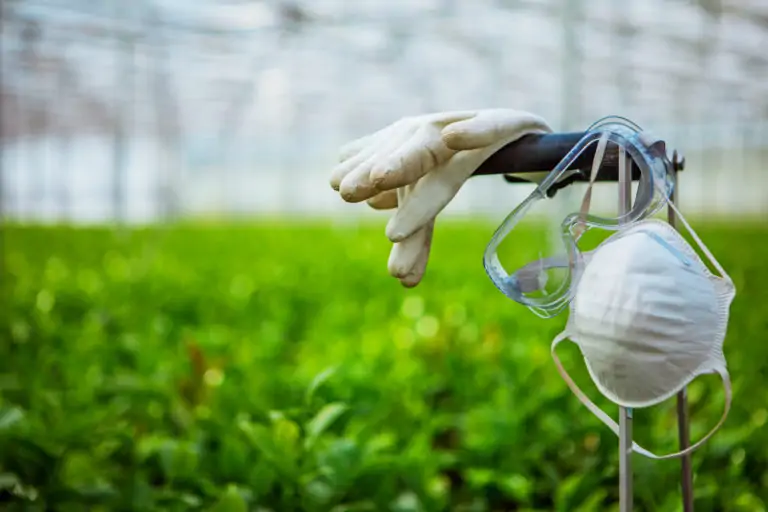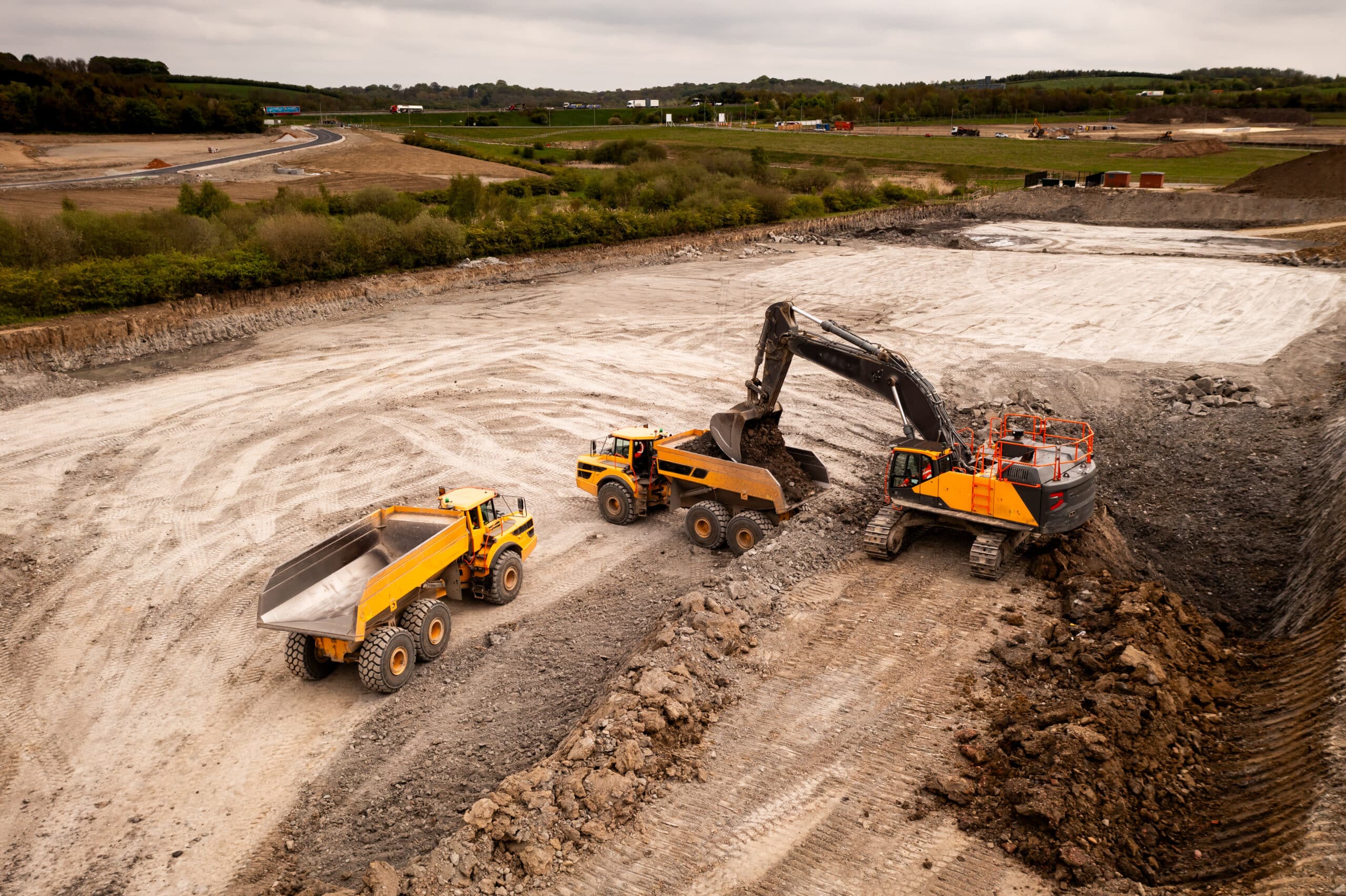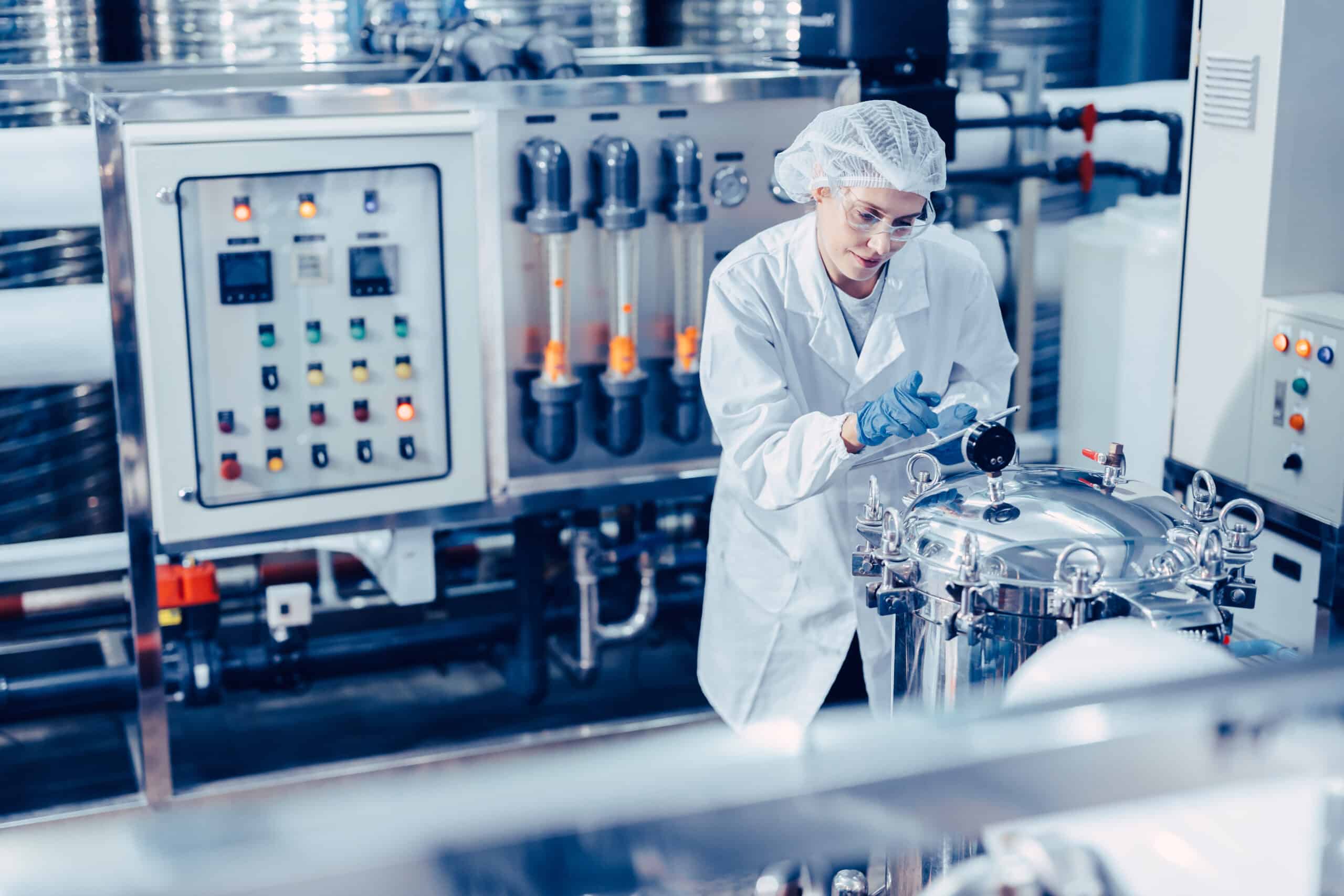The UAE and KSA are acutely aware of their food security status and the 2020 pandemic has served to ensure more agriculture investment is designated to shoring up their food supply.
The UAE, who import 90 per cent of their food, under the auspices of the country’s Food Security Council set about taking every possible measure to meet the challenge.
The country has minimal water reserves to facilitate agriculture and so early warning systems were applied to monitor sufficient strategic food items such as cereals, rice and vegetables were available, overseas diplomatic missions were engaged to check host countries positions on export restrictions, and a serious effort was made to diversify for new alternative markets for essential foodstuffs.
Mariam al-Mheiri, the UAE’s Minister for Food Security, who will speak at the UN FAO/ Climate Action’s World Food Day on Friday 16th October, said citizens were reassured that ‘food and medicine is a red line for us, we will take every measure to ensure you always have access to what you need.’
All Gulf States are acutely conscious of their potential food vulnerability, especially in how global food supply chains have evolved to this point. The virus is a test of how vulnerable nations prepare for disruption to the chain and all have been particularly busy in protecting its food security.
Multi-layered approach to agriculture investment
Take the UAE as a case in point. It has made considerable investment in agricultural resources and technologies or Agtech. ADQ, the Abu Dhabi investment holding company, bought a 50 per cent stake in one of the region’s biggest agribusinesses, Al Dahra — which specialises in the cultivation of animal feed and production of rice, flour, fruits and vegetables — and already operates in more than 20 countries.
Gulf States are also acquiring externally to bolster food and agriculture resources. Take the recent Saudi acquisition of Hummingbird Technologies, the UK drone firm, whose machines specialise in monitoring crop growth.
Perhaps the most visible expression of their food security motives is the ongoing overseas farming projects these nations are developing, with land acquisitions in Africa, particularly in Sudan and Ethiopia.
Gulf States are also actively developing food and agriculture operations in Canada, Ukraine, Brazil and Australia, involving grain, arable land, meat processing and livestock farming respectively.
Balanced approach key to water resource protection
There is a definite strategy of targeted overseas agriculture investment and application of technology-back production domestically to that end. Strategic food reserves, investments in mills, logistics and production facilities are all part of a comprehensive strategy, which is anything but complacent.
The urgency is based on the country’s very limited water resources, and policy missteps in the past which aimed to resolve food security, without paying enough heed to water limitations.
Governments in the region are fully behind the food security imperative with, as one example, Saudi Public Investment Fund (PIF) backing Saudi Agricultural and Livestock Investment Company (SALIC) in the latter’s objective of providing 30% of KSA’s food requirements by 2030. $800m has so far been set aside for that task.
Get in touch
The recent efforts by the UAE and KSA to enhance their food security underscore the critical importance of strategic planning and investment in agriculture and technology. By investing in agriculture and leveraging advancements in technology and innovation, these nations demonstrate a proactive approach to securing their food supply and managing limited water resources efficiently.
At Farrelly Mitchell, we specialise in supporting the growth and resilience of the food and agriculture sector through services such as sustainability and ESG, supply chain optimisation, agtech, digitalisation, and water management strategies. We assist governments, private sector players, and investors in navigating the complexities the industry and ensuring sustainable and resilient food systems. Our approach is tailored to address the unique challenges faced by regions with limited natural resources, focusing on innovative solutions and strategic investments to enhance food production capabilities and ensure long-term sustainability and security. Contact us today to build a resilient agricultural industry that is well-equipped to meet the challenges of today and tomorrow.














